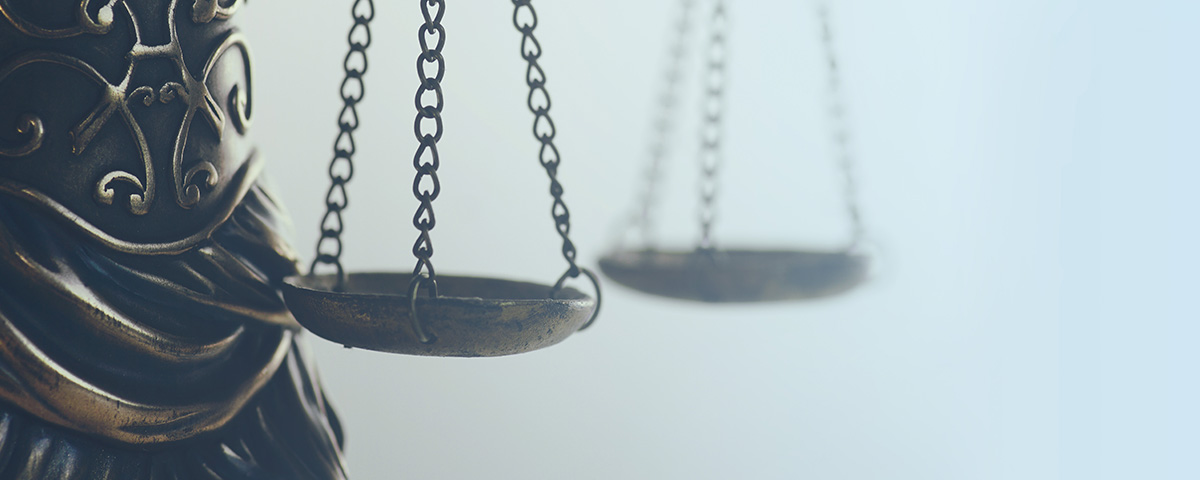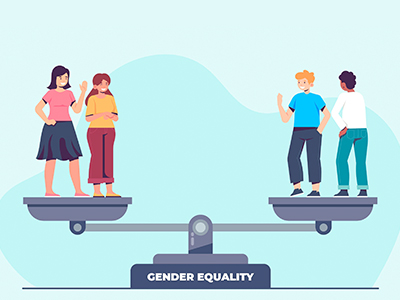
EQUALITY IN LEGAL AND CIVIL MATTERS
The reservations entered in respect of this Article will continue to be maintained.
All the rights recognised in Bill of Rights, as set out in HKBORO, are enjoyed by everyone without distinction of any kind, including sex.
The position regarding women’s rights to make contracts in their own name and to administer property as mentioned in paragraph 315 of Part II of the second report remains unchanged.
Generally speaking, women are not being treated less favourably than men in the courts because of their sex. For measures available to assist women testifying in sexual offence cases in the courts, please see the discussion under Article 5.
To ensure that people who have reasonable grounds to institute or defend legal proceedings will not be precluded from doing so because of a lack of means, publicly-funded legal aid services are provided to eligible applicants passing the means test and merits test as stipulated in the Legal Aid Ordinance (Cap. 91), regardless of whether or not they are Hong Kong residents. In 2017, among all legal aid applications, there were 8 559 female applicants and 41% of them were granted legal aid while 46% of the 10 285 male applicants were granted legal aid.
As reported in paragraph 464 of the previous report, eligible women and men are entitled to serve on juries as there is no restriction under the Jury Ordinance (Cap. 3) on service of jurors by virtue of gender. As at 31 March 2018, there were a total of 750 587 persons on the Common Jurors’ List of whom 382 094 (i.e. 51%) were female.
Gender is not a relevant consideration in judicial appointment. As at 31 March 2018, there were 54 females (i.e. 33%) out of a total of 164 Judges and Judicial Officers, compared to 36 females (22%) in 2010.
The position regarding women in prisons remains largely as explained in paragraphs 467 and 468 of the previous report. Some background information is set out in Annex 15A.
